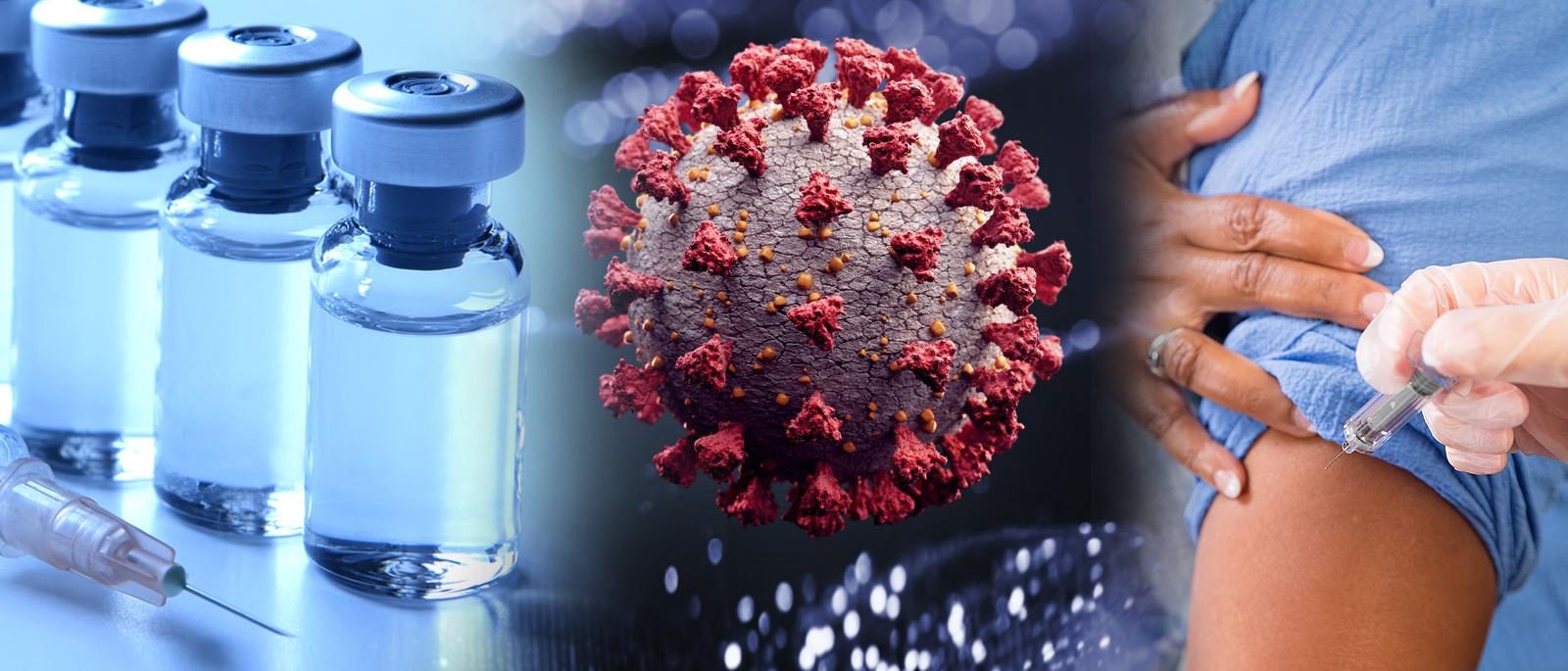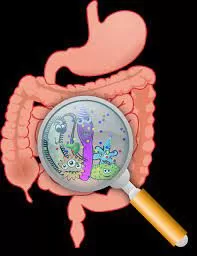As we’re familiar with menopause in women, its male counterpart, andropause, often flies under the radar. But just like women, men also undergo significant hormonal changes as they age, leading to a range of physical and psychological symptoms that can impact their quality of life.
Dr. Shobha Gupta, Medical Director and IVF Expert from Mother’s Lap IVF Centre, sheds light on this lesser-known phenomenon, emphasizing that while men don’t experience menopause in the same rapid manner as women, they do face a decline in testosterone levels as they age.
Andropause, or male menopause, refers to the gradual decline in testosterone levels in men. Unlike the abrupt hormonal changes seen in women, andropause is characterized by a progressive decrease in testosterone production, often accompanied by a variety of symptoms including fatigue, low libido, weight gain, and mood swings.
Testosterone plays a crucial role in regulating various bodily functions, including libido, muscle mass, and sperm production. As men age, their ability to produce testosterone declines, leading to symptoms commonly associated with andropause.
While the onset of andropause can vary, it typically occurs around the age of 40 and can last until 70. However, not all men experience andropause, and those who do may not openly discuss it due to societal norms surrounding masculinity and emotional expression.
Diagnosis of andropause often involves a blood test to measure testosterone levels. If levels are found to be low, hormone replacement therapy (HRT) may be recommended. Additionally, lifestyle changes such as regular exercise, healthy eating, stress reduction, and open communication with partners and loved ones can help alleviate symptoms and improve overall well-being.
Dr. Shobha Gupta offers some practical tips to navigate through andropause, including maintaining a balanced diet, staying physically active, and prioritizing regular health check-ups. She emphasizes the importance of seeking support from friends and family and embracing intimacy as part of a meaningful relationship.
While men’s experiences of andropause may vary, it’s essential to raise awareness and encourage open dialogue about this often-overlooked condition. More research is needed to fully understand andropause and develop effective strategies to support men during this phase of life. By acknowledging and addressing the challenges of andropause, we can help men lead healthier and happier lives.











